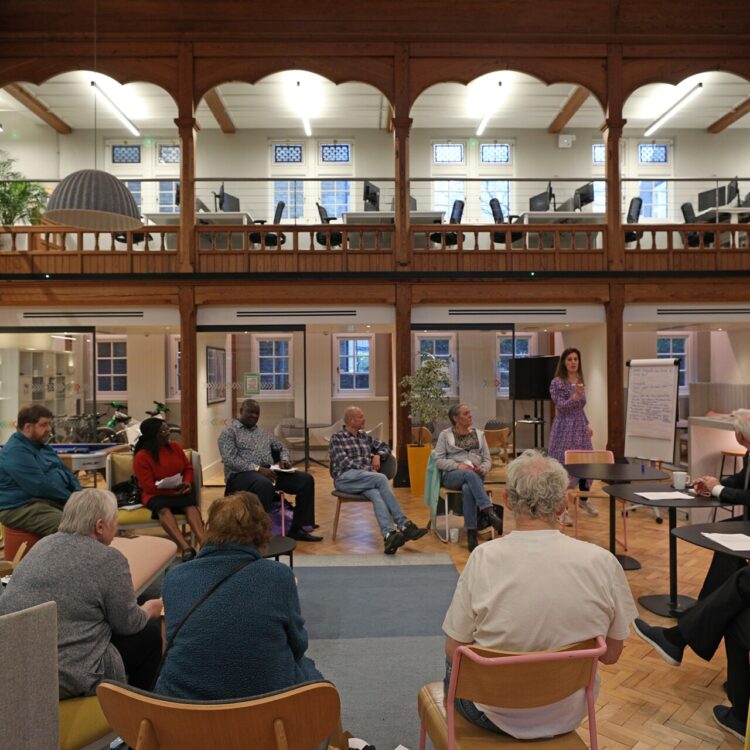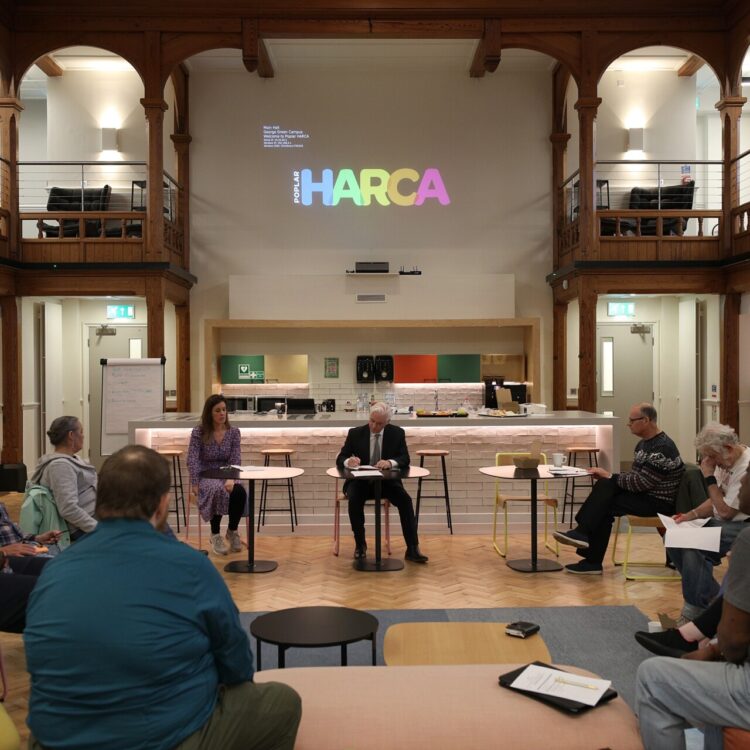Estate Boards and Gathering Groups are made up of residents who represent the views of their local community.
Neighbours get together to discuss local issues, realise improvements to their area and give us valuable feedback on our services.
Estate Boards are run more traditionally and governed by an agreed set of principles. Some residents sit in official roles, such as Chair and Vice Chair.
Gathering Groups are a little more informal. Residents suggest and agree agenda items with Dave Tull, our Engagement Manager, who runs the groups.
Joint Estate Panel
The Joint Estate Panel (JEP), made up of representatives from each Estate Board and Gathering Group, also meet regularly.
New members are always welcome, just get in touch with Dave. Email dave.tull@poplarharca.co.uk.



